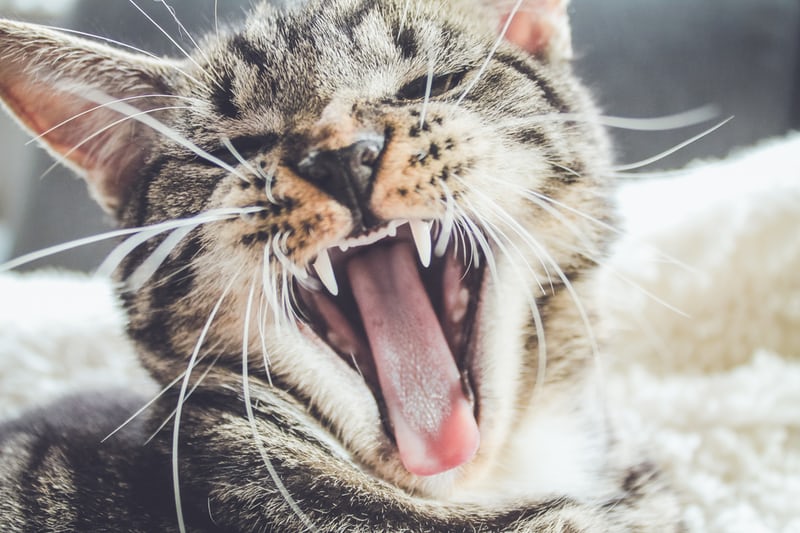Why does my dog (or cat) keep getting ear infections??
Ear infections are one of the most common reasons for dogs to have to come to the vet. Why does it seem like some dogs go from one ear infection to another?
The answer is that unlike most humans, dogs get ear infections of the external ear canal as an extension of overall skin disease. It most often takes a perfect recipe of excessive moisture, a little bit of a funny or different ear structure than completely normal, and most importantly, background allergies.
While it is a lot less common in cats, this all also applies to kitties.
Allergic dogs will show their allergies through their skin, and the inside of the ear is covered in the same skin as everywhere else. The skin becomes inflamed and irritated, producing extra moisture, swelling, discomfort, and it forms the perfect environment for yeast in particular to grow. Once yeast really get settled in, bacteria will often follow. For the same reason humans get athlete’s food or jock itch, the inflamed ear is the perfect place for doggie yeast to set up shop. It’s damp. It’s dark. It’s cozy. Without considerable effort, it’s hard to get it and keep it clean and dry.
If the infection and/or irritation are bad enough, the swelling can get worse and worse over time until the canal essentially swells shut. Infections can move through the ear drum into the middle ear and become much more difficult to treat.
When an infection happens, it’s important to get your dog seen as soon as possible. We want to catch the infection early, correctly identify whether it’s yeast, bacteria, or both causing the problem, and initiate the best treatment before things get too out-of-hand.
Treatment will most often include a prescription medication with ear cleanings at a recommended interval with a recommended ear cleaner. It’s important to use an ear cleaner only as often as needed to remove debris and infectious material so medications work better, and not so often that the canal is more wet than it needs to be.
We will never, ever, recommend an owner use hydrogen peroxide, alcohol, or essential oils to clean their dogs ears.
It’s important to keep the follow up appointment at the end of the treatment period so we can re-evaluate the ear. We need to make sure the infection has completely resolved and together, come up with a plan to help reduce the frequency and severity of infections in the future. It’s at the recheck that we can best determine what might be contributing to frequent infections and what we need to do to help prevent them.
If you have any questions about ear infections, please don’t hesitate to contact us.

